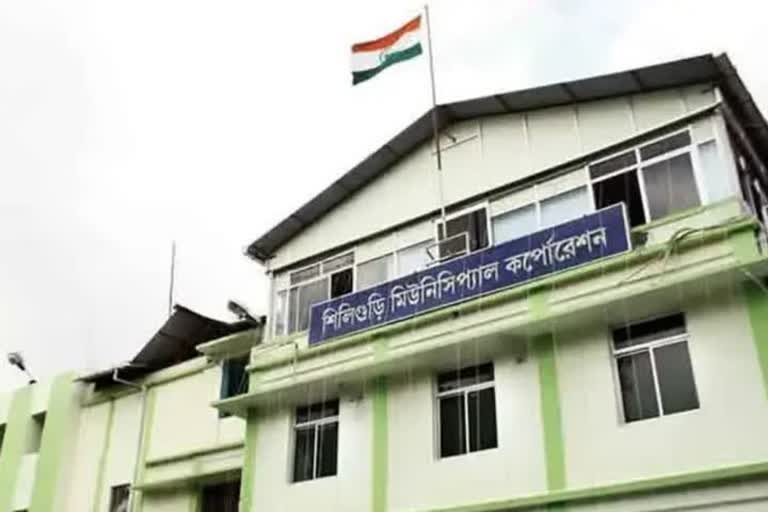Siliguri (West Bengal): When it comes to elections, everything and everyone counts. A classic example of it is the February 12 Siliguri Municipal Corporation elections in which language is expected to play a key role.
Across all 47 wards of the civic body, which will go to the polls, political parties are splitting their hairs to ensure nothing is left behind at the last moment to woo voters. It is here where the calculations of language come into play in Siliguri. According to the 2011 statistics, there is around 61.8 per cent of Bengali-speaking population in the Siliguri municipal area. Following it is the Hindi-speaking population, which adds up to around 25.2 per cent of the city’s residents. Around 8.7 per cent speak Nepali, around 2.4 per cent Bhojpuri, around 1.2 per cent Urdu and the rest make up for 8.7 per cent.
Also Read: It’s dagger drawn for the three musketeers of Siliguri
In the Darjeeling district clearly divided among the Hills and the plains or the Terai region, the 8.7 per cent of Nepali population becomes the talk of the town during the elections with the golden question being, to where will the Nepali vote swing? This time too, the contending parties are aware of the swing factor of the Nepali-speaking population.
Overtly, no one wants to admit the fact that every party is vying for the votes en masse, but political observers say the Nepali-speaking voters traditionally follow the pattern, which is followed by their brethren in the Hills, where the Nepali and Gorkhas are the majority. “Everyone knows that language plays a role in the whole election game of Siliguri. Whoever makes good use of this goes home happy. It will be a close call in Siliguri this time and Nepali votes will always matter,” a senior political observer said.
Papiya Ghosh, Siliguri president of the TMC said the BJP practices divisive politics and tries to polarise voters on the grounds of the language or ethnicity. "Our party supremo Mamata Banerjee has strict guidelines regarding such aspects. Trinamool Congress is for inclusive politics. We work for the people and feel that they will judge us on the aspect of what we can do and what we can deliver," he said.
Former state minister and the outgoing Mayor of Siliguri Municipal Corporation Ashok Bhattacharya is contesting on a CPI(M) ticket from Ward number 6. On the linguistic block in the civic body polls, he says, “People of the hills, as well as the plains, have seen what both Bimal Gurung and Binay Tamang can do. And if at all Trinamool Congress has any stake here, then why did they fare miserably in last year’s Assembly elections? Even the Binay Tamang faction of the GJMM, which is now siding with the Trinamool, could win only one seat across the entire Darjeeling district. In real terms what they have done is to invite the BJP and assist them in settling here. People know these tactics and they will make an informed choice."
Also Read: Dissidents could turn thorns for TMC in Siliguri civic polls
Bhattacharya’s protégé Shankar Ghosh is BJP MLA from Siliguri and is also contesting as a candidate from Ward number 24. He says, “BJP does not do divisive politics and more so, on linguistic lines. The residents of Siliguri Municipal Corporation are spread across a large area and we are reaching out to everyone, be it the Bengali speaking people or the Hindi speaking population or for that case, the Nepali speaking residents."
"Our MP Raju Bista is campaigning here as well as all our party MLAs from the hills and plains. We are certain that the people of Siliguri will give BJP a chance to run the civic board of the city this time,” Ghosh added. It is a close call in Siliguri this time. All three political players, the CPI(M), BJP, and the Trinamool Congress hope to bring home the numbers.



